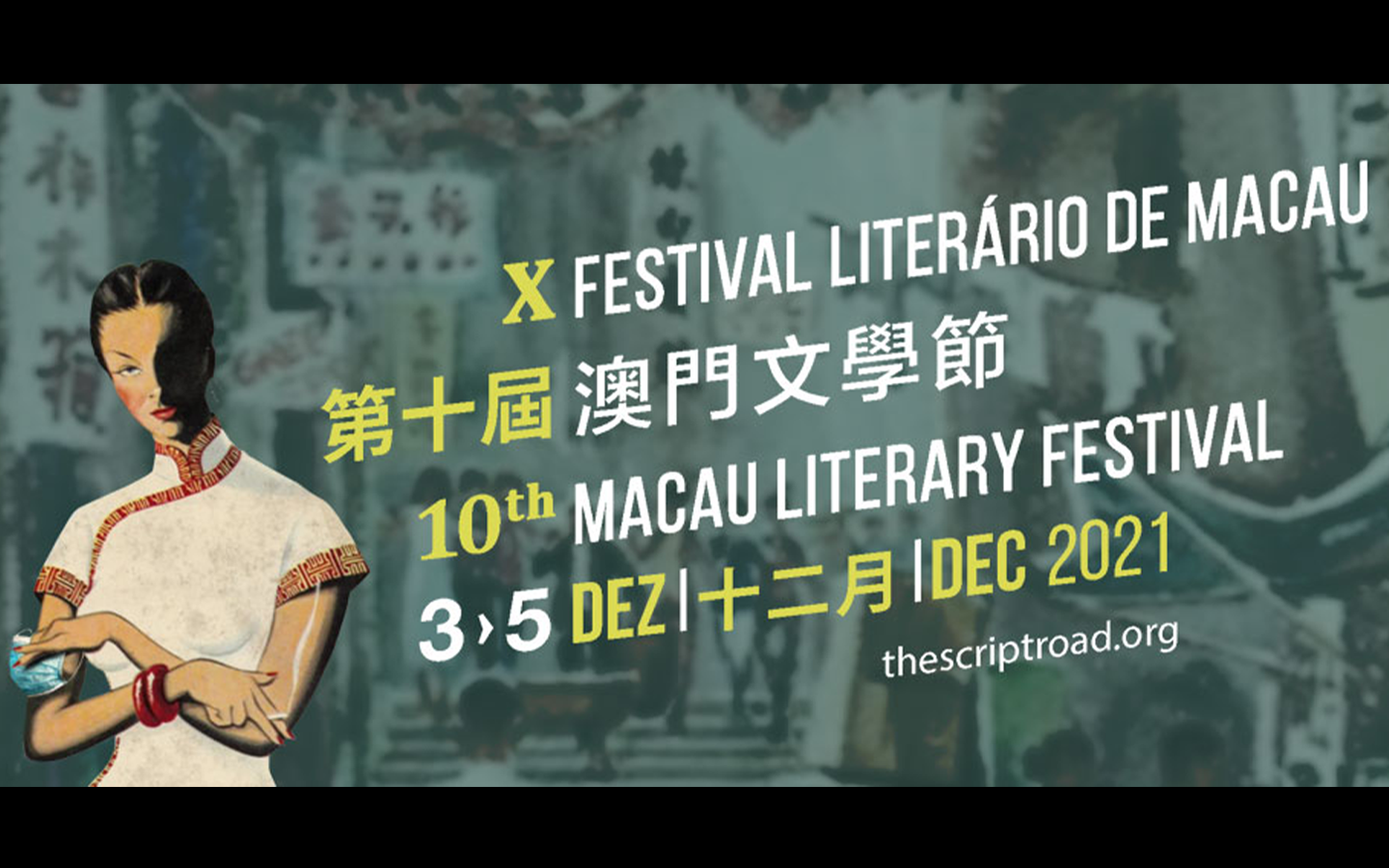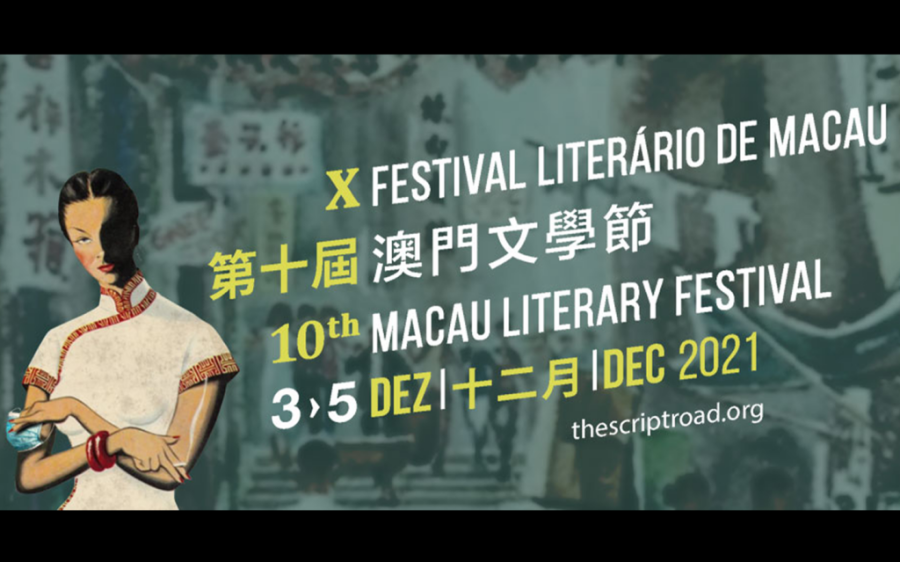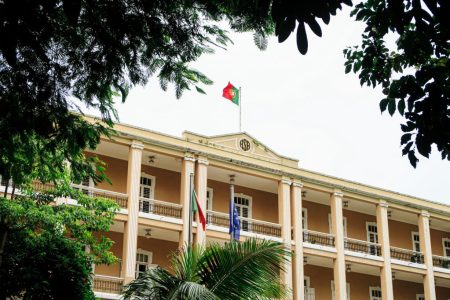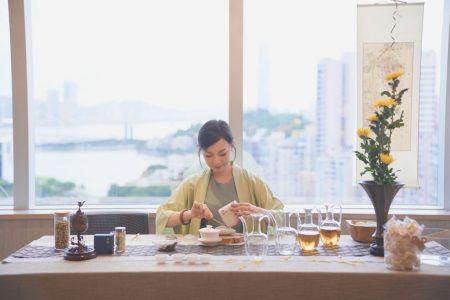This year’s Macau Literary Festival, which will be held 3 to 5 December, will take the role of women in the city’s literature as one of its main themes.
The three-day festival, known as The Script Road, will also feature children’s literature, authors from Portuguese-speaking countries and mark the upcoming 200th anniversary of the translation of the Bible into Chinese.
The festival will bring writers, academics and translators to the main stage at Casa Garden to celebrate Macanese author Deolinda da Conceição’s life and work.
The experimental theatre group Artistry of Wind Box will present a performance built around her book of 27 short stories, “Cheong-sam – a Cabaia”, on 4 and 5 December at the Portuguese Bookshop Gallery.
The book was first published in Lisbon in 1956, although most of its short stories had already appeared in the newspaper “Notícias de Macau”.
The bitter-sweet tales mainly deal with the condition of women in China and Macao, and portray educated, Westernised Chinese women’s struggle for emancipation in a deeply traditional and patriarchal society.
They also tell of the lives of Chinese women and men who succumbed or struggled against oppression, extreme poverty and ancient superstitions, and reflect on the dangers of materialism and the numerous prejudices that Chinese women suffered.
Conceição introduced a semi-autobiographical note when she touched on the effects of World War II, which she experienced at first hand, while also denouncing the countless social injustices, namely the cases of Chinese from Macao who were discriminated against by the Portuguese and Macanese communities.
As a Macanese, Conceição was well aware of the strength and the disastrous effects of racial barriers.
The book is not all tragedy and sadness, as there are also some passages where several characters reveal human solidarity and renounce the condition and social class that society has bestowed on them.
For Conceição, such noble feelings humanise social relationships, making society freer and happier.
The festival will also mark the upcoming 200th anniversary of the translation of the Bible into Chinese with a session in which the Reverend Robert Morrison, the project’s chief mentor, will be remembered. This will be followed by a guided tour of the Protestant Cemetery, where Morrison is buried.
Among other writers participating in the 10th edition of The Script Road, the Angola-born writer José Eduardo Agualusa will speak, virtually, about “Paraíso e Outros Infernos” (Paradise and Other Hells), a book of chronicles that will be published in Chinese and English by the Macau Literary Festival.
Other works launched this year by The Script Road include: “O Tempo e o Vento”, (The Time and the Wind) a book of poems by Macao´s Fernando Sales Lopes; “Erosão” (Erosion), the poetry of Gisela Casimiro from Guinea-Bissau and “Nada te Morre” (Nothing Kills You), a short story by Portuguese Maria Paula Monteiro.
The festival also highlights the publishing activity of the International Institute of Macau (IIM), which is of great importance for the preservation of the history and the stories of this city.
Stuart Braga and JJ Monteiro will present their latest works, both under the IIM label: “Nos Sa Téra, Nos Sa Génti” (Our Land, Our People); and “Macao Vista por Dentro” (Macau Seen From the Inside), respectively.
Children’s literature will also be part of The Script Road thanks to a workshop directed by Jojo Wong, vice-president of the Macau Outersky Poet Association.






